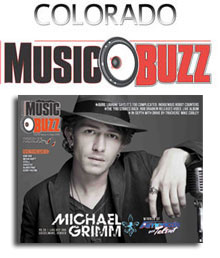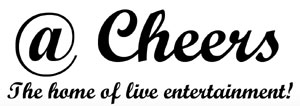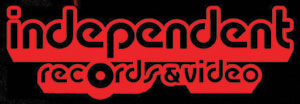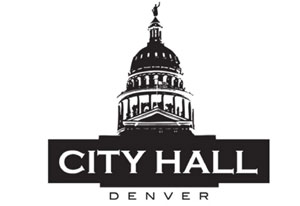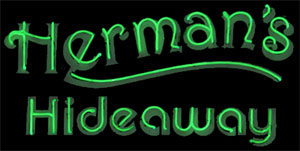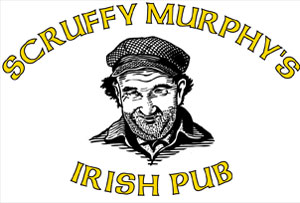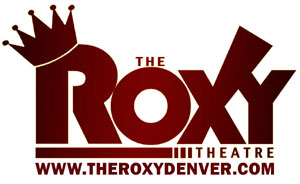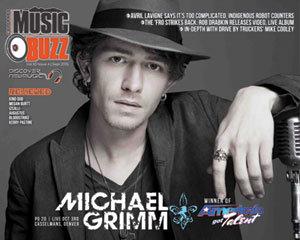The Manager’s Corner
The Manager’s Corner
By Chris Daniels
I’ve managed my own band since the 1980s and despite the amazing changes in technology, success in the music business is built around some tried and true elements: great music & performance, really hard work and timing (often mistaken for luck). The book I wrote for my UCD class on artist management is called “DIY: You’re Not in it Alone” and that is exactly what you need to understand. Most artists who are recording and performing, bluegrass to DJ & EDM to rock and Hip Hop, are still trying to make a buzz about what they are doing that propels them to the level where people start asking “who are they” and “boy I’d like to hear/see them.” And that is the goal … to break beyond the local market.
Denver, Ft. Collins, Boulder and even smaller cities in Colorado are becoming well respected on the national and even international level. The reason this is happening is because we have a lot going on. Rolling Stone Magazine named Beta and Red Rocks as #1 in there “Best of” series written by our own Steve Knopper. Bands and artists are doing great things here and the live scene is one the best in the world with The Bluebird, The Fox and The Fillmore all making the Top 20 list for best venues.
But here is the ‘underbelly.’ For artists just starting out – you will most likely get a “give away” tickets deal … which is not “pay to play” but is not far from it.
So without naming names – let’s talk about what I will call “the free tickets” pay scale and the “pay to play” question. First and foremost, Colorado is lucky not to be a ‘pay to play’ state. If you live in NYC or Nashville or L.A. it is all too common to have the small club CHARGE YOU MONEY to put your band “on the bill ($150 to $200 just to play the club).” Now before you go all high and mighty you need to understand that this is somewhat of an industry standard in L.A. and cities like that and it has (sadly) come in some remarkable forms.
Over the past three weeks I have been working with Alex, a student and friend who is managing a new young successful band. To make a long story short they did a great summer tour and they came to the attention of The Agency Group, one of the major booking agencies like William Morris or CAA or Paradigm. In talks with one of the agents this young band was offered the North American leg for a national tour as a “BUY ON.”
Never heard of a ‘buy on’? Well, sad to say they are an industry standard ‘pay to play’ deal. Acts as diverse as Van Halen, Paramour, Bill Wyman The Who and even Oz Fest have all offered ‘buy ons’ to “baby bands” – meaning young artists with no national following…even though they might be well known in their region. I was offered one with Bill Wyman back in 2008 for Germany, Belgium and France. The one that Alex told me about was pretty typical. His artist was offered approximately 45 dates with a national touring act playing fantastic venues like Madison Square Garden, The Honda Center and Austin 360 Center. The cost to Alex’s band would be roughly $2,000 per show. Let me write that again. They would not “make” $2,000 …they would PAY $2,000 a night for the privilege of being on the tour. Now before you start hollering, understand that in the big leagues, this is not something that is new. It’s been going on a long time. The “industry standard” – if you can call it that – is between $2,000 and $15,000 per show. For Alex’s band this is a big chunk, roughly $100,000 and that is not including all the road expenses for a tour that starts in Seattle and runs though New Orleans, New York and finishes in Minnesota. And that also means that there is no pay for the band for two months. Why would anyone do that?
Well, let’s go back to that local gig at a Denver club where they give you 100 half-price tickets. In most of these deals for new young bands you get a $5 discount ticket for a $10 show and the club pays you one or two dollars for each ticket that you gave away (or sold). As I wrote earlier, we are lucky in Denver: we don’t pay to play. But here is the reality. The standard in the industry for bands that have made it to a certain level (playing the Bluebird or Ogden) is to get a guarantee of close to 50% of the gate and between 85% and 95% of any profit after expenses. We call this an 85/15 split deal (85% to the artist 15% to the promoter after expenses.) Now let’s look at those tickets you got. That deal (where you are getting $2 for every $10 ticket that is sold) is a 20/80 deal with 80% going to the promoter or venue. So …while not pay to play…this “industry standard deal” is sadly not a good one for young bands.
As for the question of is a “buy on” worth it? Well let me start by explaining that it is a risk! What will payback the investment that the artist’s record company puts up — assuming they give them the ‘tour support’ to cover the tour expenses and the ‘buy on’? It will not just be sale of CDs but a percentage that the label gets in a “360 deal.” It will usually be a percentage of between 10% and 15% of everything – merch, publishing, sponsorships and endorsements that the artist gets by (I hope) becoming well known through this tour.
But what if the band does not have a label? If they have a great benefactor or two who will help them out … how will the benefactor get paid back? There are many possible ways … and many pitfalls in a deal like this … especially for the artist. The biggest two are (a) the question of what happens if the artist cannot payback the front money and (b) what happens if the artist strikes gold …what does the investor get?
The nitty-gritty: If you remember the Manager’s Corner from last month and a few months back talking about merch … you will remember that merch is running between 1% and 8% per cap for every audience size. What that means is that between 1% and 8% of any given audience is loving the artist enough to buy something from the merch booth. So in the case of Alex’s band and a venue like Madison Square Garden that holds 20,000 people: if 3% of that audience buys just one $10 item that means that the band will gross $6,000. If you multiply that times 45 shows it is $270,000. Now that is your gross…so you can figure that roughly 60% of that will be taken by manufacturing the items, hall fees and sales tax the 40% remaining is $108,000 about enough to cover the ‘buy on’ but not band pay and travel expenses. So this is a risk. What is the other payoff? Well that is easy. A relatively unknown Colorado band will get to play in front of almost half a million people in 45 shows in some of the best rooms in the US. This could make their career. What would you do?
And that is the real question that so many young artists face. Should I play for 20% of the door on a Wednesday … $50 and a beer tab? And my answerer is always the same. If you can get something out of it … then it is worth playing the gig…and I don’t always mean money. The first major label deal I signed in 1989 gave me almost nothing up front. And that was for a reason. I told the label NOT to give me money for the record. (I had funded that through sponsorship with Coors Beer – thanks again guys!) What I told them was, “take that advance money that you were going to give me… and guarantee me at least 4 European tours (two per album) because it was a European label) and spend it on tour support. I didn’t make a dime on those tours…my band did, but I didn’t. BUT I didn’t lose any money either. And, because of those first 4 tours we had a record climb to #1 on the Dutch version of MTV = Countdown Café show on Veronica Dutch radio in Amsterdam, and we got to play for the Queen and in front of 450,000 at one gig called Parkpop, and (knock on wood) if all goes well and my health hangs in there I will go over for my 20th European tour in fall 2013. Was it worth not making any money on 4 tours…you bet, but it was a risk…just like playing for 20% is at a local club…and just like getting a backer to come up with 100k for a “buy on.” My hope is that it really pays off for you and Alex’s band in a major way. But in the music business we all take risks.
Category: Shop Talk
